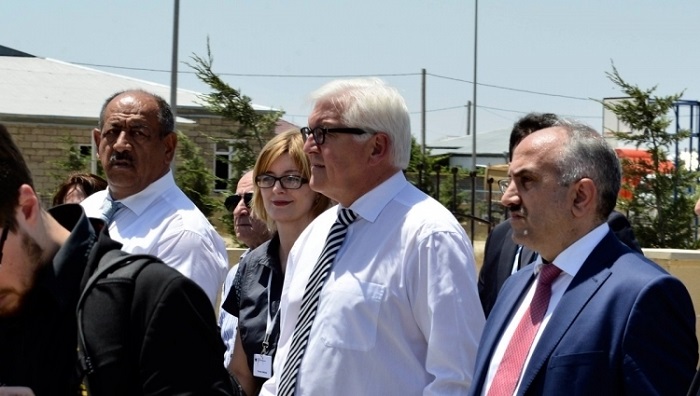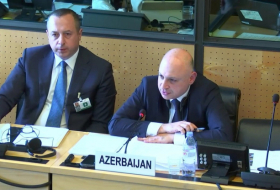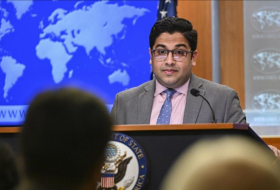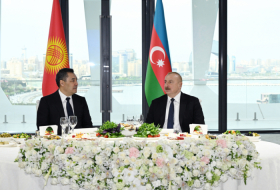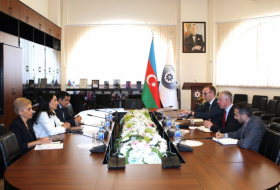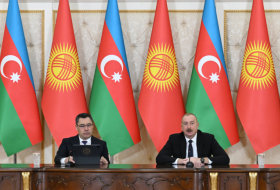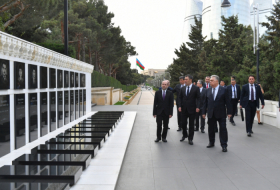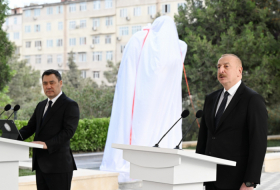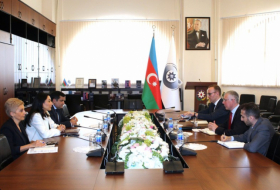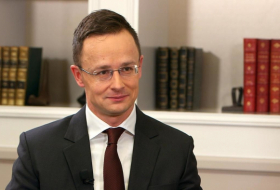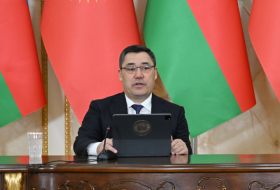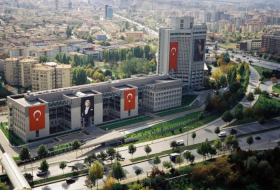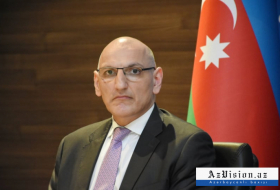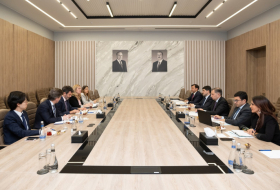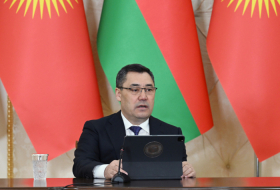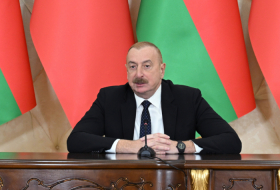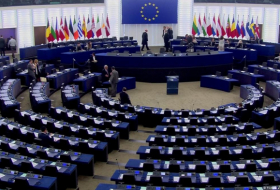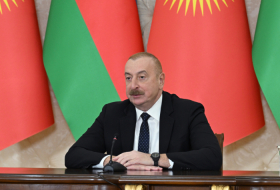According to him, the OSCE is trying to find a solution to the Nagorno-Karabakh conflict and will do everything possible in this regard.
All efforts were focused on resuming the ceasefire following the April clashes, noted the OSCE chief.
“Now, the ceasefire is almost observed. However, the status quo should be changed through negotiations. I had meetings in Yerevan and will hold meetings in Baku too. We must try to find a solution to the conflict,” he said.
The April clashes have shown that the conflict leads to a great number of losses, Steinmeier said, urging the parties to remain committed to a peaceful solution to the conflict.
OSCE will do its best to lay a foundation for future peace, he pledged.
“We have certain documents and we must take steps based on those documents. Armenia and Azerbaijan should also make efforts to resolve the conflict”, the OSCE chief concluded.
The Nagorno-Karabakh conflict entered its modern phase when the Armenian SRR made territorial claims against the Azerbaijani SSR in 1988.
A fierce war broke out between Azerbaijan and Armenia over the Nagorno-Karabakh region of Azerbaijan. As a result of the war, Armenian armed forces occupied some 20 percent of Azerbaijani territory which includes Nagorno-Karabakh and seven adjacent districts (Lachin, Kalbajar, Aghdam, Fuzuli, Jabrayil, Gubadli and Zangilan), and over a million Azerbaijanis became refugees and internally displaced people.
The military operations finally came to an end when Azerbaijan and Armenia signed a ceasefire agreement in Bishkek in 1994.
Dealing with the settlement of the Nagorno-Karabakh conflict is the OSCE Minsk Group, which was created after the meeting of the CSCE (OSCE after the Budapest summit held in Dec.1994) Ministerial Council in Helsinki on 24 March 1992. The Group’s members include Azerbaijan, Armenia, Russia, the United States, France, Italy, Germany, Turkey, Belarus, Finland and Sweden.
Besides, the OSCE Minsk Group has a co-chairmanship institution, comprised of Russian, the US and French co-chairs, which began operating in 1996.
Resolutions 822, 853, 874 and 884 of the UN Security Council, which were passed in short intervals in 1993, and other resolutions adopted by the UN General Assembly, PACE, OSCE, OIC, and other organizations require Armenia to unconditionally withdraw its troops from Nagorno-Karabakh.
More about:








